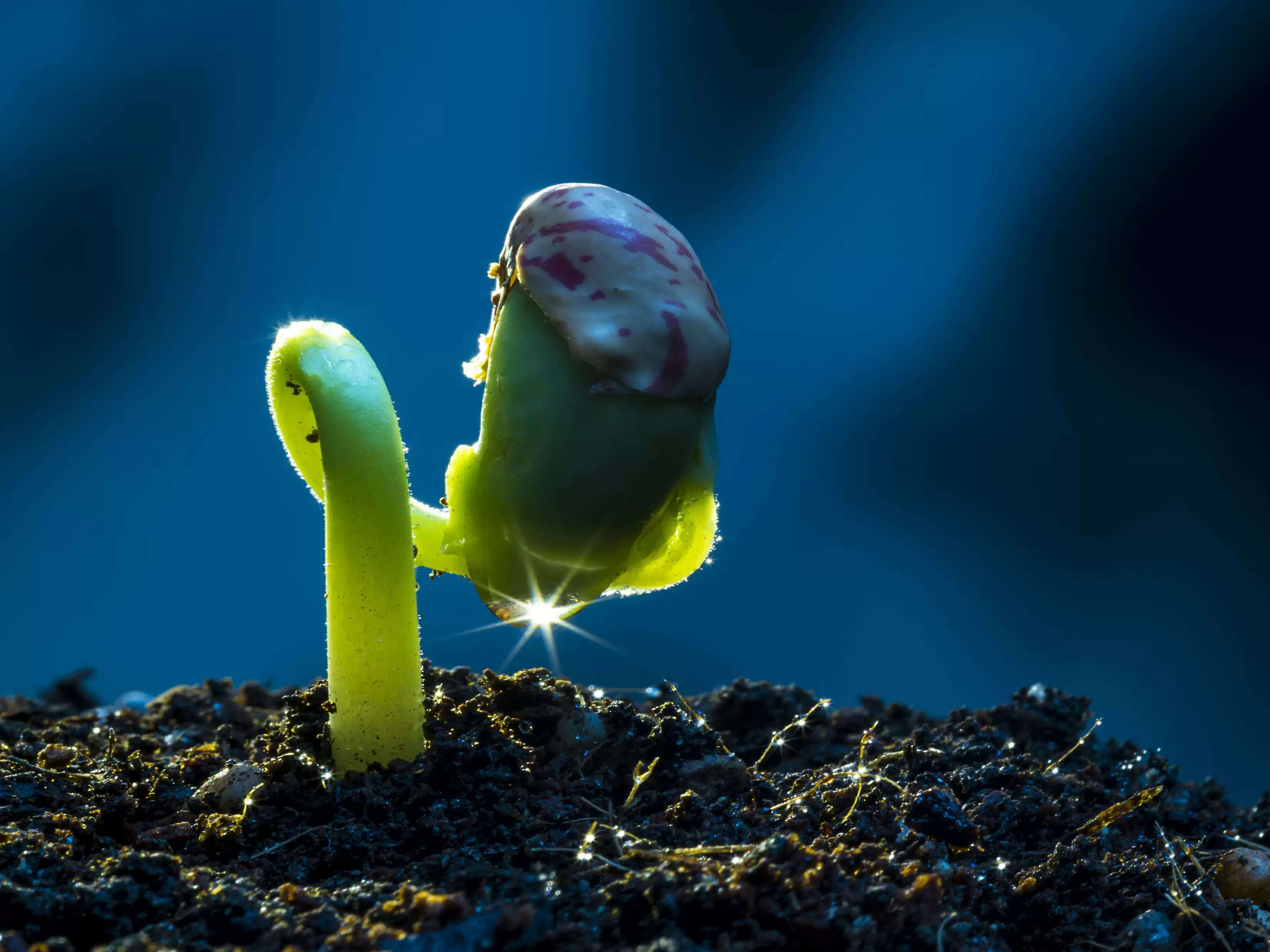Self-Sustaining Soil: Watering And Feeding Itself

In a groundbreaking development, scientists have engineered a novel type of soil capable of drawing water from the air, thereby keeping plants hydrated and managing a controlled release of fertilizer to provide a steady nutrient supply.
This innovative smart soil system is based on a hydrogel material, which has shown remarkable results in experimental trials. Compared to traditional soil, plants grown in this hydrogel-infused soil demonstrated significantly improved growth, with larger and healthier outcomes, all while utilizing less water and fertilizer.
Transforming Farming Practices
The advent of this hydrogel technology stands to revolutionize farming by lessening the need for frequent irrigation and fertilization. The technology's versatility allows it to be adopted across diverse climates, ranging from arid regions to more temperate zones. This development is particularly crucial given that agriculture today accounts for a staggering 70% of global freshwater withdrawals, with this figure soaring up to 95% in some developing countries.
As the global population continues to rise, the United Nations Food and Agriculture Organization underscores the importance of enhancing irrigation efficiency, implementing water-saving technologies, and promoting crops with lower water footprints to achieve sustainable food production and water management.
Addressing Climate Change and Water Scarcity
Traditional farming practices, particularly irrigation and fertilization, face significant challenges such as inefficient water usage and environmental degradation. As climate change exacerbates and water resources dwindle, the need for efficient and sustainable irrigation practices becomes increasingly critical.
Conventional fertilization methods often lead to excessive nutrient exposure, diminishing nutrient uptake efficiency and contributing to environmental pollution and soil degradation. The introduction of this new class of hydrogels presents a promising solution to address these urgent issues of water scarcity and efficient nutrient uptake in modern sustainable agriculture.
Impressive Experimental Results
In experimental settings, plants grown in hydrogel soil experienced a 138% increase in stem length compared to those in regular soil. Furthermore, the modified soil achieved approximately 40% water savings, significantly reducing the frequency of irrigation and ensuring robust crop development.
This innovative research builds on previous discoveries involving hydrogels that extract water from the atmosphere, aiming to make farming more efficient. The current focus has been on calcium-based fertilizers, but future research will integrate various types of fertilizers and extend field tests to ensure broader applicability and effectiveness.
.jpg)
